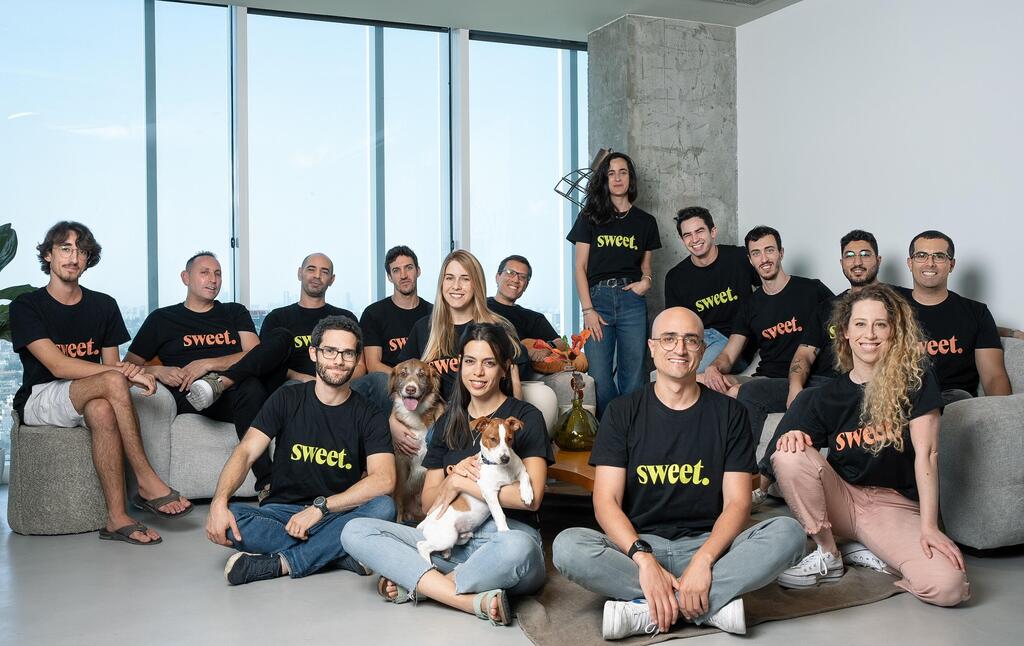
Security startup led by former Israeli military cyber chiefs lands $12 million in Seed funding
Sweet Security was founded by retired Brigadier General, Dror Kashti, former CISO of the Israel Defense Forces (IDF), retired Colonel, Eyal Fisher, former head of the Cyber Department at Unit 8200 and Orel Ben-Ishay, former Head of the Cybersecurity R&D center at Unit 81
Israeli startup Sweet Security announced on Wednesday $12 million in Seed funding and the launch of its cloud runtime security suite. The round was led by Glilot Capital Partners with participation from CyberArk Ventures and angel investors including Gerhard Eschelbeck, former CISO at Google, and Travis McPeak, who led product security at Databricks.
Sweet was founded by retired Brigadier General, Dror Kashti, former CISO of the Israel Defense Forces (IDF), retired Colonel, Eyal Fisher, former head of the Cyber Department at Unit 8200 and Orel Ben-Ishay, former Head of the Cybersecurity R&D center at Unit 81.
The company built a cloud-native runtime security suite that enables security teams to stop cloud workload attacks, and do so quickly and with precision.
While leading the IDF’s digital transformation effort, Sweet CEO and co-founder Dror Kashti found that even though securing development environments is essential, current cloud runtime security solutions are insufficient for preparing a company for a breach. Existing detection tools either provide very limited functionality or aren’t optimized for the cloud.
Sweet’s cloud runtime security suite provides defenses across all stages of an attack. Its runtime sensor takes under five minutes to deploy, immediately providing cloud-native cluster visibility.
“‘Cybersecurity’ and ‘delightful’ are not words that normally go hand in hand, but we want our customers to use them in the same sentence when talking about our solution,” said Dror Kashti, co-founder and CEO of Sweet Security. “We feel our timing is right to make that happen. If SOC and IR teams don’t have to constantly tune their security products or sift through mountains of alerts, they’ll execute at a higher level, and they’ll be happier. Cloud detection and response may be complex, but it doesn't have to be painful.”














